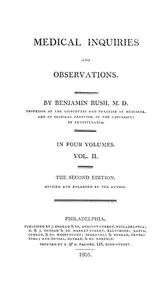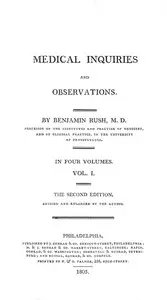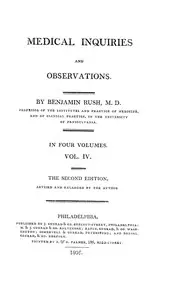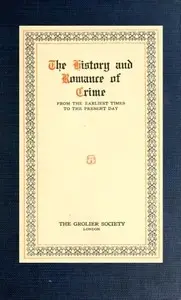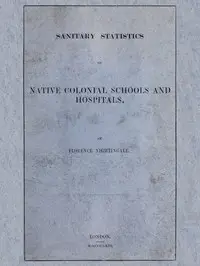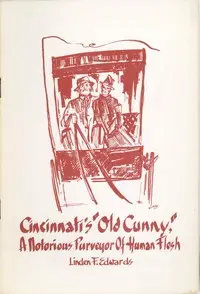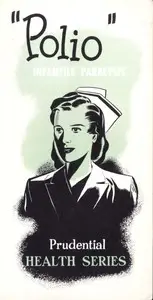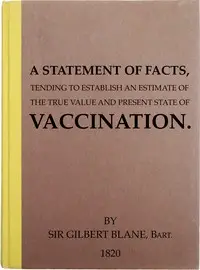"Medical Inquiries and Observations, Vol. 3" by Benjamin Rush is a scientific publication written in the early 19th century. This volume delves into the theory of fever, offering an analytical framework for understanding its causes, symptoms, and treatment methods based on empirical observations from the author’s medical practice. The opening of the volume introduces Rush's theoretical foundation for fever, describing how various forms of fevers arise from a general state of debility in the body. He elaborates on the conditions that lead to this debility, detailing natural and unusual stimuli that can precede a fever. Moreover, Rush discusses the interplay between debility, excitability, and stimuli, proposing a unified theory of fever's characteristics and variances. Through an in-depth exploration of how fevers manifest and can be treated, particularly referencing observed cases and historical contexts, he seeks to consolidate his insights into a comprehensive understanding of the subject, setting the stage for the subsequent sections of the text. (This is an automatically generated summary.)
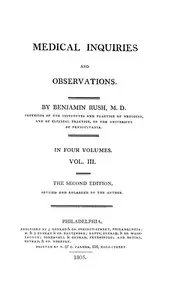
Medical Inquiries and Observations, Vol. 3 The Second Edition, Revised and Enlarged by the Author
By Benjamin Rush
"Medical Inquiries and Observations, Vol. 3" by Benjamin Rush is a scientific publication written in the early 19th century. This volume delves into t...
Dr. Benjamin Rush was an American revolutionary, a Founding Father of the United States and signatory to the U.S. Declaration of Independence, and a civic leader in Philadelphia, where he was a physician, politician, social reformer, humanitarian, educator, and the founder of Dickinson College. Rush was a Pennsylvania delegate to the Continental Congress. He later described his efforts in support of the American Revolution, saying: "He aimed right." He served as surgeon general of the Continental Army and became a professor of chemistry, medical theory, and clinical practice at the University of Pennsylvania.

